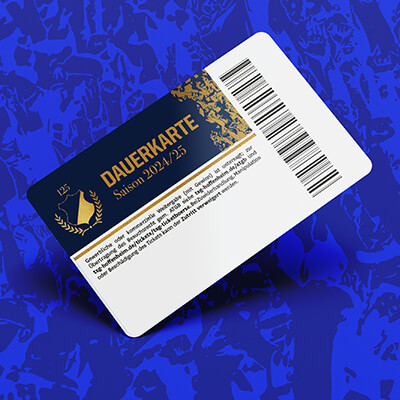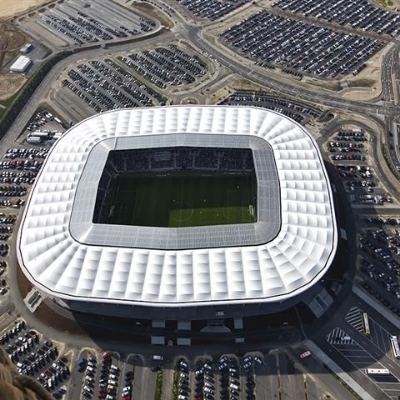Fact or fake: Alex Stolz on goalkeepers
Fact
Goalkeepers always have a screw loose.
"People always used to say that goalkeepers and left-wingers were not entirely normal – and, with regard to keepers at least, I can confirm that that's true. We throw ourselves at every ball and cannot have any fear. We're probably born with that trait, so that we can stop every goal from going in."
Fake
Goalkeepers should be at least 1.90 metres tall.
"That's an old way of thinking, because a big goalkeeper can cover more but there's a whole lot more to being a good goalie. Jumping, agility, footballing ability and many other things. There used to be the idea that a goalkeeper needed to be tall but that's no longer the case. It might be difficult if you're under 1.80 metres, but nothing is impossible."
Fact
Every keeper has at least one broken finger.
"That's unavoidable when you have to stop so many balls. A broken finger is simply part and parcel of it all. Many people forget we don't only have to save hard shots in matches but in training sessions as well. I have had several broken fingers myself."
Fake
Goalkeeper training is very easy and requires little effort.
"It perhaps might not look like it during a game, but the effort required from a goalkeeper in training is much higher than that of an outfield player. We're the first ones on the pitch and the last ones to leave. In addition, there's cognitive training and lots of sessions in the gym. For a goalkeeper, there are almost always two sessions: goalkeeper training and team training."
Fact
As a goalkeeper, you're almost never the hero but can quickly become the villain.
"You can still have a great game but if you make a mistake, it might cost your team points and everyone will have forgotten the saves from beforehand. You have to be able to cope with that, because every mistake can have the greatest consequences. That's why you also need mental training and people that you trust to ensure that you don't reproach yourself too much."
Fake
Keepers go in goal because they're not good enough to play outfield.
"You used to have to listen to people saying that you're only a goalkeeper because you don't want to run or you're too bad on the ball. But that has changed with the backpass rule. Goalkeepers join in with a lot of passing drills in training and now initiate the attacks. They are incorporated into the build-up play and there are many more possibilities for the team."
Fact
Being insulted by the home supporters in away matches spurs a goalkeeper on.
"Home games are always great, of course, but when you get abused by opposing supporters away from home, it drives you on. The abuse spurs you on. But of course, it always has to be fair."






















